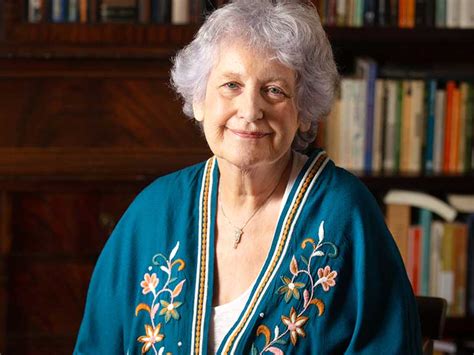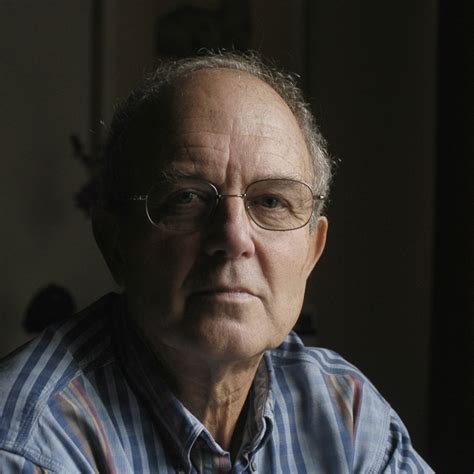A Quote by Wendy Cope
I've said what I'm prepared to say in my poems, and then journalists think that you're going to tell them a whole lot more.
Related Quotes
I know this is going to get me in trouble, but I'll say it: The whole notion that I am supposed to constantly tweet is ridiculous. There are a lot of journalists at the New York Times who tweet. I am not opposed to it. But I don't have enough time. And editors don't have much to say. My world consists of this office, this floor, my apartment and wonderful conversations with our reporters and correspondents - all of them know a lot more about the world than I do.
I think that all journalists, specifically print journalists, have a responsibility to educate the public. When you handle a culture's intellectual property, like journalists do, you have a responsibility not to tear it down, but to raise it up. The depiction of rap and of hip-hop culture in the media is one that needs more of a responsible approach from journalists. We need more 30-year-old journalists. We need more journalists who have children, who have families and wives or husbands, those kinds of journalists. And then you'll get a different depiction of hip-hop and rap music.
Journalists in newspapers and in many magazines are not permitted to be subjective and tell their readers what they think. Journalists have got to follow a very strict formulaic line, and here we come, these non-fiction writers, these former journalists who are using all the techniques that journalists are pretty much not allowed to use.
One night my son was downstairs studying, and he had been up so late all that week, and my husband said, "I feel so sorry for him." I said, "Look, if he's going to become a surgeon" - he is studying to be a doctor - "he's going to have his hard times. I feel sorry for him too, but if he lives in this world he's going to have more hard times. He's going to stay up some more nights." I think we can't shield them from the hard times, even though we'd like to. I say to the children that I teach and to my own - I can't test the ground for you and tell you that's a safe step there.
I've had shows where you think, "Is this going well? I can't tell," and then you say goodnight and you get this ovation. They're sorta like a theater audience. I've learned that much; that they're not always going to be doing backflips - but I'll never figure it out. Because sometimes you walk up there, and they're so excited, and then other times, it's just... But sometimes an audience is bad, and you can tell them they're bad, and that sort of breaks the ice a bit.
I think that all journalists, specifically print journalists, have a responsibility to educate the public. When you handle a culture's intellectual property, like journalists do, you have a responsibility not to tear it down, but to raise it up. The depiction of rap and of hip-hop culture in the media, I think, is one that needs more of a responsible approach from journalists.
When I first signed up for a Twitter account - I was to say it was in 2007, people are going to think it's some weird self promotional thing or it's going, but in time I was called upon to like try to persuade other foreign correspondents and journalists to get on Twitter and see the usefulness of it which is kind of ironic. I think the journalists who are leading the digital charge at the Times have, all have that background as a foreign correspondent, which I think is not accidental.






































